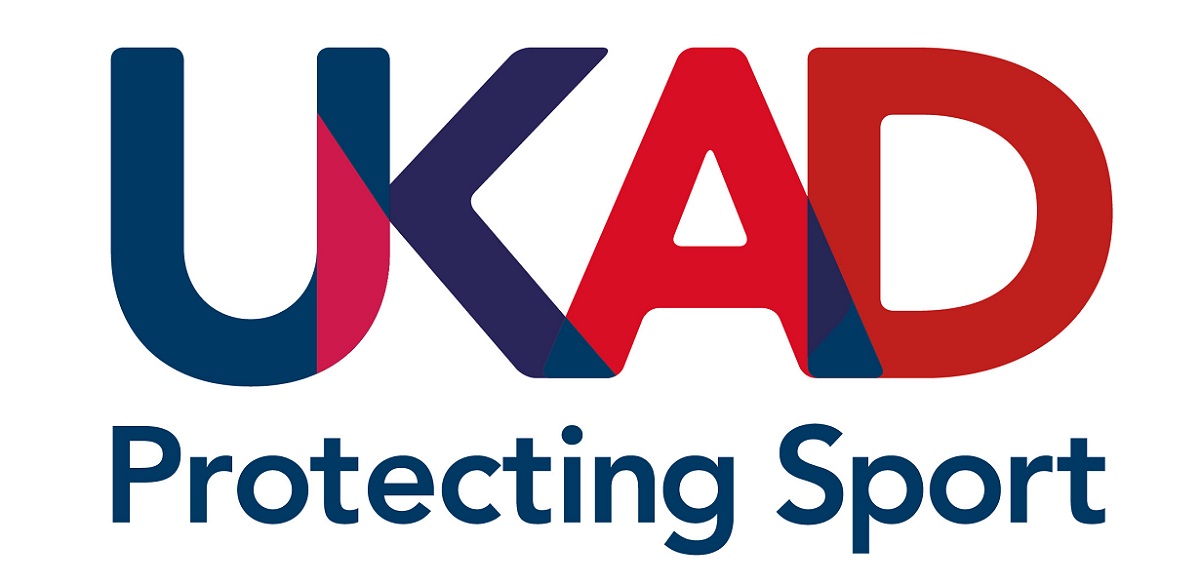Welsh rugby union player Joseph Lewis receives two-year ban for Anti-Doping Rule Violations
Welsh rugby union player Joseph Lewis has been banned from all sport for a period of two years following first Anti-Doping Rule Violations (ADRVs) for the Presence and Use of a Prohibited Substance.
On 19 February 2022, UK Anti-Doping (UKAD) collected an In-Competition urine Sample from Mr Lewis at a game between Bridgend Ravens RFC and Cardiff RFC. Analysis of Mr Lewis’ urine Sample returned an Adverse Analytical Finding (AAF) for amfetamine.
Amfetamine is listed under Section 6A of the 2022 WADA Prohibited List as a stimulant. It is a non-Specified Substance and it is prohibited In-Competition only. Mr Lewis did not have a Therapeutic Use Exemption (‘TUE’) for amfetamine.
On 14 June 2022, UKAD notified Mr Lewis that he may have committed ADRVs pursuant to Article 2.1 (Presence of a Prohibited Substance or its Metabolites or Markers in an Athlete’s Sample) and 2.2 (Use or Attempted Use of a Prohibited Substance or Prohibited Method) of the 2021 UK Anti-Doping Rules (ADR), and provisionally suspended him from that date.
Mr Lewis responded to UKAD’s Notice letter on 23 June 2022 explaining that he had been diagnosed with attention deficit hyperactivity disorder (‘ADHD’) and prescribed medication which contained the Prohibited Substance amfetamine.
Between that date and 25 August 2022, Mr Lewis engaged with UKAD and applied for a retroactive TUE in respect of his medication.
Mr Lewis’ application for a retroactive TUE was denied by UKAD’s TUE Fairness Review Panel. It concluded that as a member of the National TUE Pool (by virtue of being registered with a team in the Welsh Premiership) who had received in-person anti-doping education, Mr Lewis had neglected his anti-doping duties in not applying for a TUE in advance of taking his prescribed medication.
As a result of this decision, Mr Lewis did not possess a valid and applicable TUE for amfetamine at the time his Sample was collected. UKAD charged Mr Lewis with both ADRVs on 25 October 2022.
On 28 November 2022, Mr Lewis, via his legal representatives, admitted the violations of ADR Articles 2.1 and 2.2, but submitted that the violations were not ‘intentional’ within the meaning attributed to that term by ADR Article 10.2.3. He requested that the matter be referred to the independent National Anti-Doping Panel (‘NADP’) for the Consequences to be determined at a hearing.
Mr Lewis made clear in his evidence to the NADP that he genuinely did not appreciate that, as a member of UKAD’s National TUE Pool, his TUE application should have been made in advance of taking any Prohibited Substance.
Having considered Mr Lewis’ evidence, UKAD agreed that Mr Lewis had discharged the burden conferred on him by ADR Article 10.2.1 to establish that his ADRVs were not ‘intentional’. The matter was therefore withdrawn from the NADP and UKAD issued a decision, recording that the applicable period of Ineligibility is two years.
Mr Lewis’ period of Ineligibility is deemed to have commenced on 14 June 2022 and will expire at midnight on 13 June 2024.
Speaking on the case, Hamish Coffey, UKAD Director of Operations said:
“Medications prescribed by a doctor or bought over the counter may contain prohibited substances. It is an athlete’s responsibility to check their medication before using it, even if they have used it before. It is also imperative that athletes check whether they are included in UKAD’s National TUE Pool and to understand that, if they are, they are required to apply for a TUE in advance of using medication that contains a Prohibited Substance.
UKAD’s Medicine and TUE Hub has information online for all athletes on how to check the anti-doping status of their medication. Athletes can also check whether they are included in the National TUE Pool. Visit UKAD’s Search Check Apply campaign (Steps to take to check your medicines | UK Anti-Doping (ukad.org.uk)) for more information, including how and when to apply for a TUE.”



